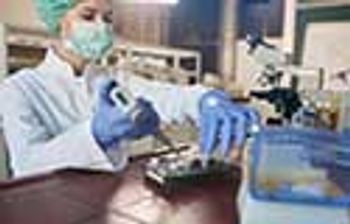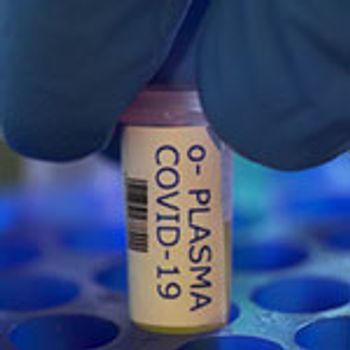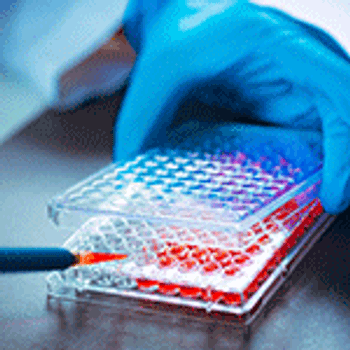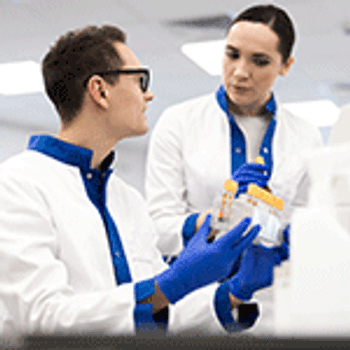
Products must be manufactured in accordance with appropriate regulatory requirements, even during a pandemic, says Susan J. Schniepp, executive vice-president of post-approval pharma and distinguished fellow, Regulatory Compliance Associates.

Products must be manufactured in accordance with appropriate regulatory requirements, even during a pandemic, says Susan J. Schniepp, executive vice-president of post-approval pharma and distinguished fellow, Regulatory Compliance Associates.

The COVID-19 pandemic has led to increased demand for direct-to-patient shipments, challenging cold-chain specialists to become more agile and to strengthen their global distribution networks.

Previous investments set a foundation for later efficiency improvements.

The future will bring changes for temperature-controlled container rental companies.

Achieving herd immunity will require testing, data, a vaccine, and public support.

Automated sampling systems and integration of PAT are overcoming some of the roadblocks to increased automation of biopharmaceutical manufacturing processes.

Therapies for early and late treatment and passive immunization of COVID-19 are needed and can be developed using antibodies from recovered patients.

Working with incubators can provide cell and gene therapy developers with more opportunities.

The complexity of biologics and the use of new technologies present challenges for complying with CGMPs.

Advanced data analytics, including statistical modeling and machine learning technique, can enable more efficient and reliable bioprocesses.

Tools such as manufacturing execution systems, artificial intelligence, and software innovations are useful for enhancing data integrity protection.

Bioanalytical studies are an important aspect of biologic drug development that may necessitate partnering with bioanalysis experts.

FDA and the US Congress support innovation and access to cheaper medicines.

Click the title above to open the BioPharm International June 2020 issue in an interactive PDF format.